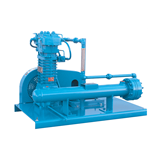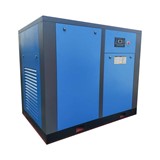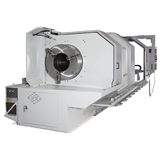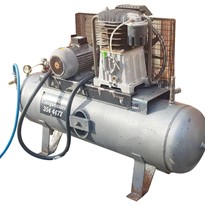Sullair Australia, an air compressor specialist explains what needs to be considered in order for you to make the best decision when your air compressor malfunctions.
Repair is a viable solution if the compressor is quite new or has not done many operational hours. However, the decision can be a complex one when dealing with old compressors.
Factors to consider when making the decision include: the importance of the compressor in day-to-day business; frequency of compressor usage; duration that the company can afford to be without 'air'; whether the current compressor has been regularly maintained; and the company's future compressed air needs.
One will need to assess how reliable the existing compressor is as it's directly related to how well it has been maintained and how many hours it has accumulated.
Well-maintained compressors can run trouble-free for several thousands of hours before needing a major overhaul. Regular servicing should not just include basic consumable parts such as filters and oil but also preventative maintenance parts such as valves and solenoids.
It is also essential to consider the electricity consumption of an old compressor vis-à-vis a new model over the life of the machine. Compressed air systems use up to 10 per cent of total industrial electricity use in Australia, and an air compressor is responsible for the highest energy consumption in a manufacturing facility.
So, repair or replace?
In many instances, it's nearly always cheaper to repair than replace an air compressor. Since spare parts are readily available the compressor will be producing air much sooner. Additionally, your staff are already familiar with its operation and no further training would be required, unlike the replacement option. No changes to the reticulation system will be required.
However, if the machine is old, has done many operational hours, or if the servicing has been infrequent, one may experience further failures.
On the other hand, a new air compressor delivers assured peace of mind. Modern machines feature newer technology, which makes them very energy efficient – reducing the overall cost of operating a compressor.
However, replacing an existing compressor with a new unit is an expensive proposition. In addition to long procurement and installation time, new air compressors also mean additional training for the staff. The reticulation system may need modification to accept the new machine while peripheral plant equipment such as dryers and chillers may be incompatible with the new machine and also require replacement.


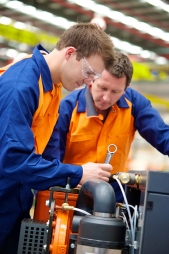







-160x160-state_article-rel-cat.png)


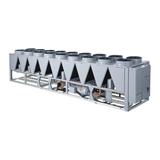
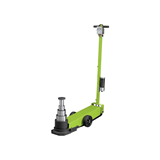
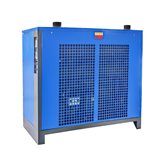
-160x160-state_article-rel-cat.png)


